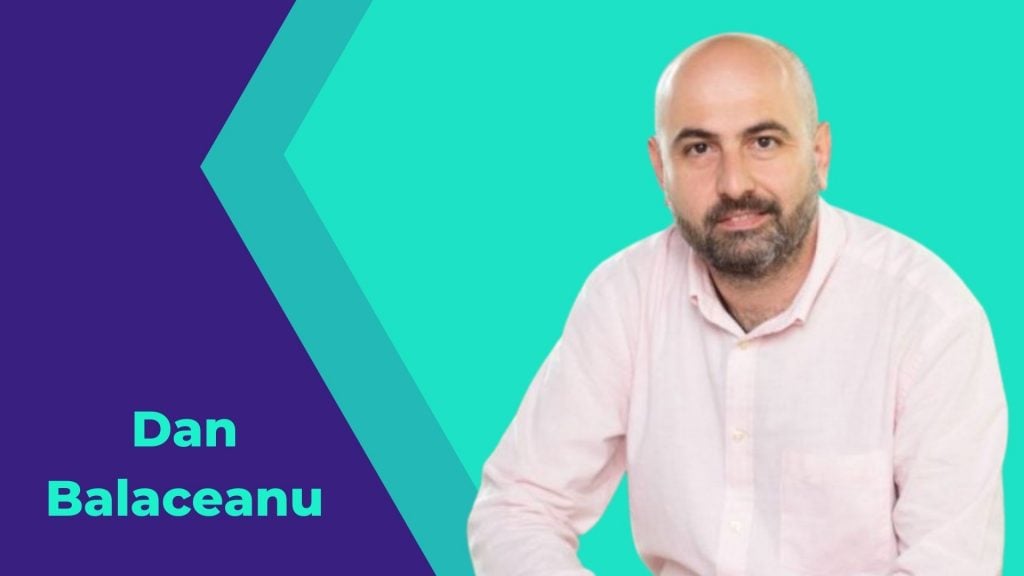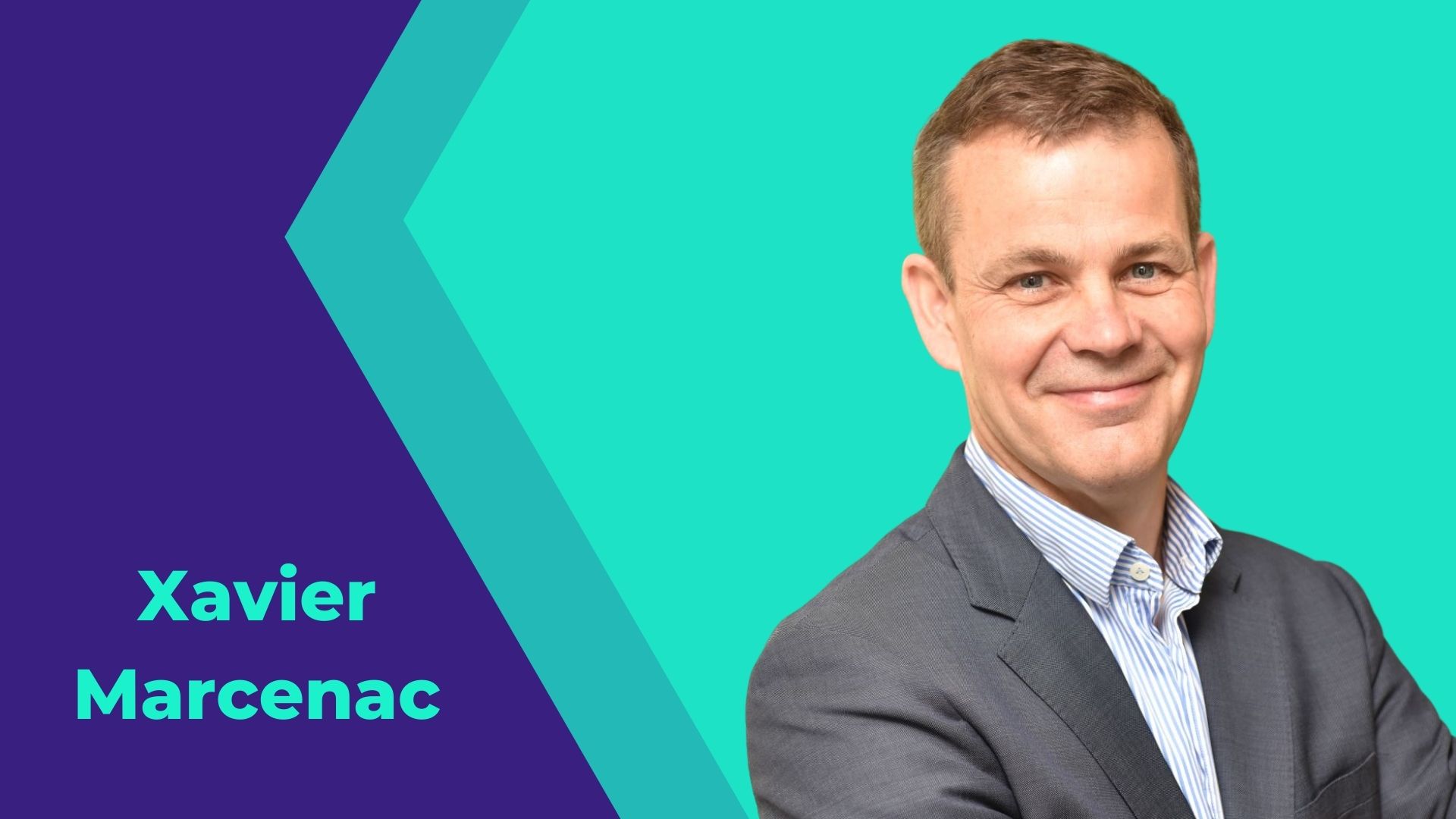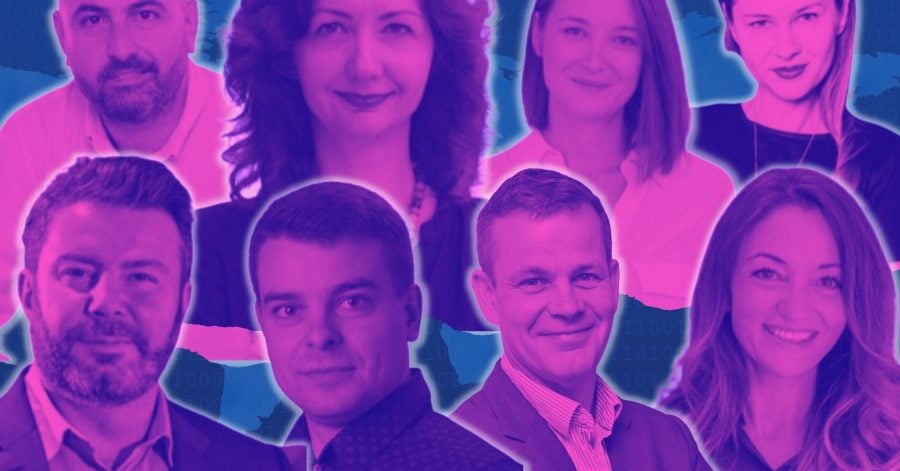As 2021 is almost ready to close down its curtain, 2022 is getting ready for take-off. But if we have learned something in these past couple of years is that nothing is certain when it comes to technology. This year has been a lot about solutions we can all access from the comfort of our homes, but what will the next year bring?
For the SEE local startup ecosystem evolution, we look at verticals like AI, Sustainability, Proptech, eCommerce, Fintech, and EdTech to see how technology aims to shape these markets. The Recursive talked to local tech startups’ founders and experts in their fields to find out more.
#1 Automation will be accessible for everybody

Daniel Dines, UiPath co-founder and CEO, shares with The Recursive that automation will likely be accessible for everybody, even non-technical team members.
“In 2022, citizen developers will be at the forefront of accelerating automation adoption within companies. Citizen developers are non-technical employees who use no-code and low-code platforms to develop automation for their use and their wider teams and departments. Thanks to their first-hand insight into day-to-day processes, they are well placed to develop attended and unattended software robots to delegate repetitive, rules-based, and high-volume tasks to. Moreover, citizen developers are not bound to a specific function of a department – they have roles in finance, HR, legal, marketing, procurement, and others. Looking at 2022, these employees can infuse workplaces with the buzz that comes from empowering employees to participate in their company’s digital transformation.”
#2 Venture Capital in SEE will continue to accelerate

Hristo Borisov, Payhawk co-founder and CEO, shared with us his 2022 prediction.
“In 2022 we are going to witness a lot of VC activity and multiple new unicorns coming out of the region. My prediction is that the private market will continue to accelerate and reach its peak in Q4 22 before we see a cool off.”
#3 Conversational AI is next for user experience

The DRUID AI team, Andreea Plesea, Bogdan Pietroiu, Dan Balaceanu, led by Liviu Dragan in the role of CEO, shared with us that conversational AI is the next step for an excellent user experience. “Googling” might soon be a thing of the past.
“People are preferring more and more to interact with enterprises through Conversational Business Applications. I see an online form and a chat sitting next to each other, and people instinctively go to the chat and ask questions. I’m pleased to see the DRUID Virtual Assistants now providing conversational experiences in a variety of industries and processes: patients scheduling appointments or inquiring about services and prices, customers signing utility contracts, employees receiving documents from HR departments, reporting a return to work after COVID, front-office employees receiving 360-degree views of customers and completing transactions,” Dan Balaceanu, Head of Products at DRUID AI, shared with us.
#4 Sustainability is the new digital language

Xavier Marcenac, the co-founder of Nasekomo, shares that sustainability is the only step towards a greener planet.
“The global trends towards a greener planet, the sustainable usage of natural resources, and the deployment of circular economy models will finally hit Central & Eastern Europe. Our company Nasekomo, as an enabler of the insect industry, a key solution to bring Humanity back closer to Nature, will deploy its groundbreaking technologies in several new bioconversion sites. We will implement strategic partnerships with world technology leaders in the fields of AI, robotization, and automation.”
#5 Proptech will join the Metaverse

Smaranda Ignat, the co-founder of PropTech Romania, shared with us in a previous article that proptech will create new solutions on the Metaverse market.
“There is a lot of talk in the proptech space about the Metaverse and the use of Digital Twins in ways that border science fiction. Nevertheless, Digital Twins of the buildings enabling predictive maintenance, remote engagement, and tenant engagement have long been a reality. The underlying trend here would be the movement from several small (or big) solutions that each solve only one problem, to ‘One Ring to rule them all’, master solutions that cater to all the possible needs of a wide range of users, from developers to property/asset managers to tenants and clients.”
#6 Q-commerce will become the new normal

Claudia Stroe, a co-founder of Beefast, shared with us in a previous article that the new normal in the delivery sector comes in a “fast form”.
“We are all moving towards a new concept called Q-commerce – which is e-commerce in its new, faster form. Getting something in under 1h – whether it is food, shoes, or some make-up – is turning from a nice-to-have possibility to a mandatory condition for online shopping. People want things faster, easier – all wrapped up in a nice experience.”
#7 People will not return to the old ways of banking

Diana Seredenciuc, the co-founder of Bankata, shares with us that people will most likely never look back on the financial sector.
“The upside of fintech is that once the consumer has adopted a digital path and trusts the journey, he will never return to his old ways of banking.”
#8 A rise in digital competencies of teachers

Evelina Necula, a co-founder of Kinderpedia, shares with us that we will see a rise in the digital competencies of teachers.
“As the edtech market becomes more and more atomized in Europe and across the globe, the winning solutions will be those who manage to demonstrate day-to-day usage, thus overcoming the limited adoption rate of technology, which has slowed the transformation of education over the past decade. We will see more initiatives aimed at raising the digital competencies of teachers, coming from the edtech ecosystem.”







